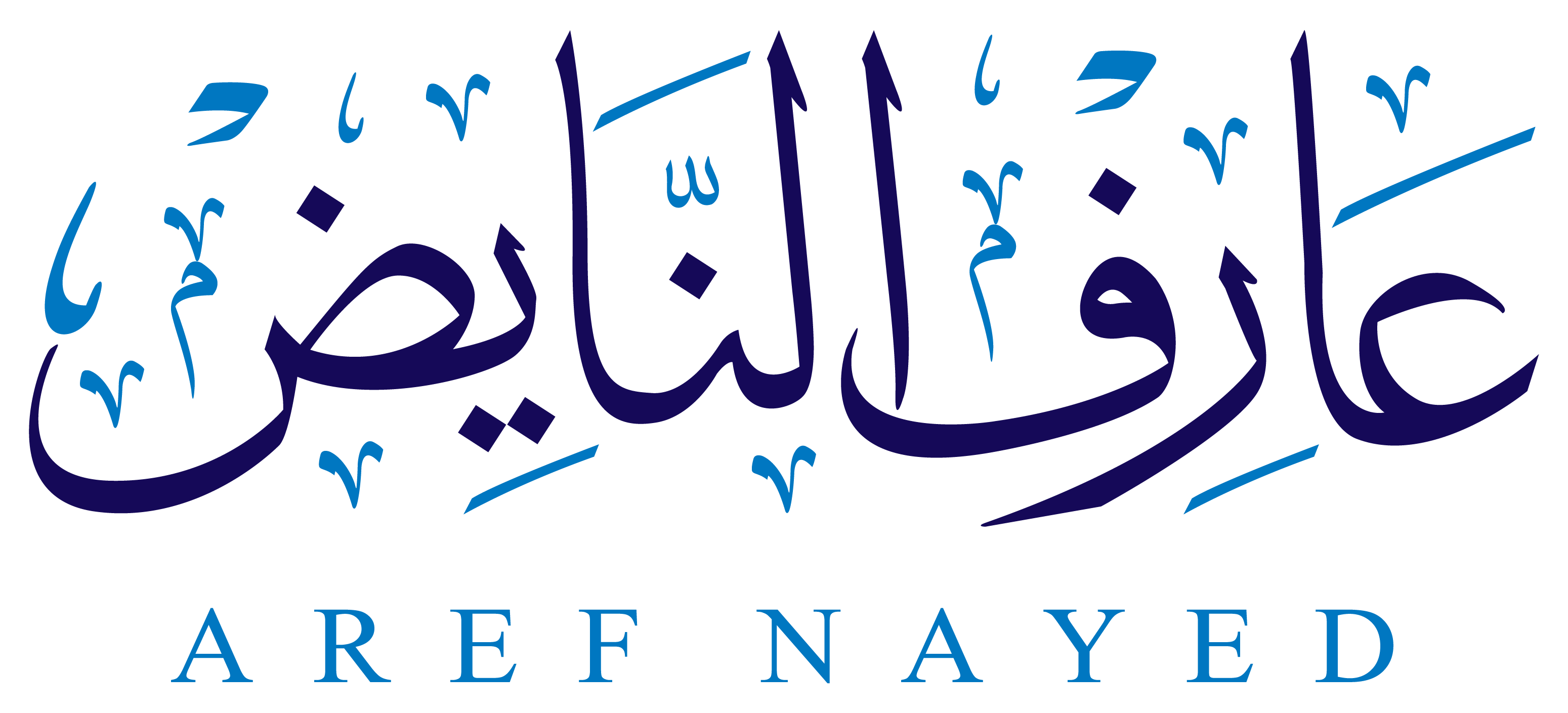Community Leader
Community Leader
Aref Ali Nayed believes that Libya has not done enough to enable its youth to participate in rebuilding communities and engage in political and civic discourse. He views youth as key stakeholders in reducing conflict who can help rejuvenate communities and contribute to a peaceful society. For this reason, Nayed has been deeply involved in community and civic affairs to address some of the most pressing community-based issues across the country.
His work provides youth with opportunities to build critical skills that will allow them to take ownership of the future that they will be tasked with leading. Nayed’s efforts are motivated by a desire to reach out to those in need to help rebuild strong, empowered communities which are critical for national unity. In this way, the welfare of the Libyan people will not only revolve around the state but also benefit from the support of strong and resilient communities.
Community Leader
Aref Ali Nayed believes that Libya has not done enough to enable its youth to participate in rebuilding communities and engage in political and civic discourse. He views youth as key stakeholders in reducing conflict who can help rejuvenate communities and contribute to a peaceful society. For this reason, Nayed has been deeply involved in community and civic affairs to address some of the most pressing community-based issues across the country.
His work provides youth with opportunities to build critical skills that will allow them to take ownership of the future that they will be tasked with leading. Nayed’s efforts are motivated by a desire to reach out to those in need to help rebuild strong, empowered communities which are critical for national unity. In this way, the welfare of the Libyan people will not only revolve around the state but also benefit from the support of strong and resilient communities.
Nayed supports the rebuilding of community institutions that enable youth to grow and become productive members of their communities and country. He is supporting community and youth development across the country by strengthening civil society institutions such as community, sports, education, and religious institutions.
As Chairman of the Al Ahly Benghazi Sports, Cultural, and Social Club (2014–2018), Nayed led a transformational campaign to fund future infrastructure development and improvement. Under his leadership, the Club has developed the Heart of Benghazi redevelopment plan which is an ambitious initiative to transform the Club’s grounds into a mixed-use development incorporating residential, community, leisure, and commercial facilities. Redevelopment of the grounds will serve as a symbol of community regeneration to promote healing after the destruction of the Club’s facilities by the previous government. The Club’s ambitious vision motivated community volunteer groups to assist with the maintenance and refurbishment of current facilities.
As Chairman of the Al Ahly Benghazi Sports, Cultural, and Social Club, Nayed has also sought to upgrade the skills of team managers and players to compete at the international level. Strategic player acquisitions by Al Ahly Football Club contributed to its strong performance in the 2014 Confederation of African Football Confederation Cup. The Club’s basketball and volleyball teams have also made a strong showing in international competitions, with the basketball team winning the Arab Championship in 2013. To provide youth with an outlet for personal development as well as incubate young Libyan football talent, Nayed signed an agreement with well-known Swedish football player Dusan Djurić to establish the Al Ahly Summer Football Camp.
As a member of the Boy Scouts as a child, Nayed supported the Libyan Boy Scouts in their humanitarian efforts during and after the Revolution. He has also hosted Boy Scout delegations at the Libyan Consulate in Dubai to strengthen ties between scout troops internationally. Nayed’s continued support for organizations such as the Libyan Boy Scouts stems from his belief that youth development organizations are critical for instilling values that can help youth develop leadership, communication, and teamwork skills for political and civic participation.
Nayed believes there is an urgent need to repair Libyan scholarly and spiritual institutions that teach and grow compassion in the hearts of youth. In 2012, Nayed founded the Libya Institute for Advanced Studies, a leading non-profit training institution dedicated to educating Libya’s next generation of leaders based in Tripoli. He has also contributed to the restoration of Libya’s historical religious institutions such as the Othman Pasha Madrasa in the Old City of Tripoli.
Aref’s Record Thus Far
As a Community Leader
- Aref Nayed believes bringing people together in strong, empowered communities is critical for national unity
- Aref Nayed believes building strong and prosperous communities is essential to creating a national sense of belonging and promoting social cohesion
- Aref Nayed believes more youth need to participate in the political process
- Aref Nayed believes Libya needs a youth policy focused on civic engagement, democratic participation, and community involvement
- Aref Nayed supports the redevelopment of anchor institutions, such as arts and cultural institutions and sports venues, to regenerate local communities
- Aref Nayed believes in the youth of Libya to build a country based on compassion
- Aref Nayed congratulates the players and fans of Al Ahly Football Club on qualifying for the second round of the Africa Champions League
- Aref Nayed is supporting community and youth development by strengthening civil society institutions such as community centers, sports clubs, and youth centers
- Aref Nayed stresses the need to restore Libya’s traditional religious institutions
